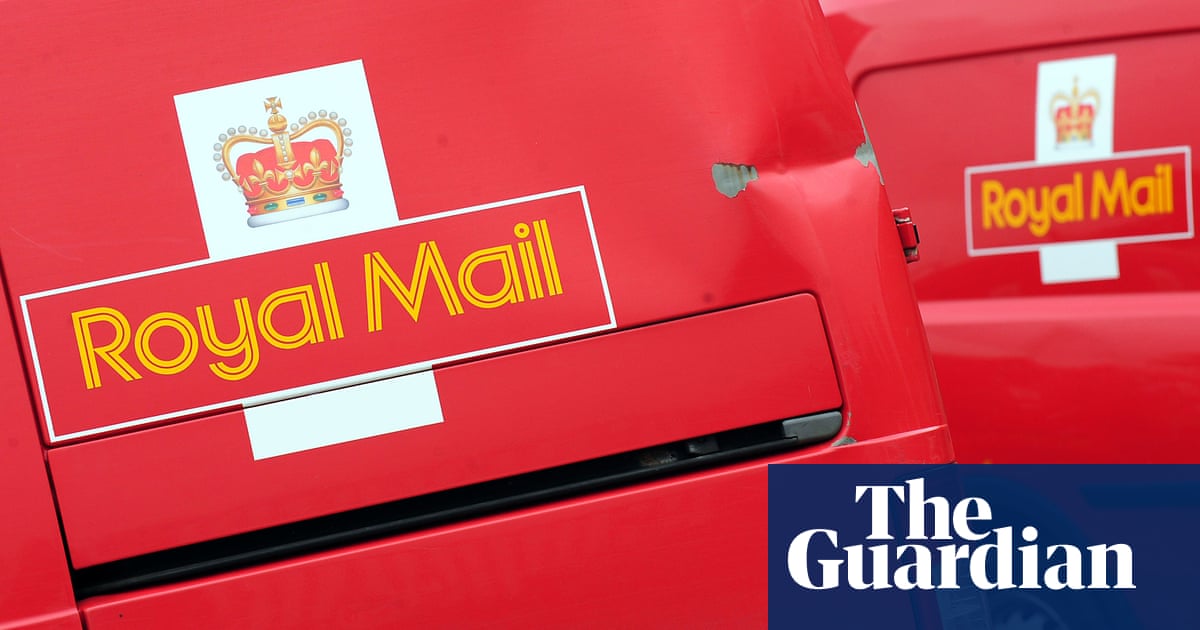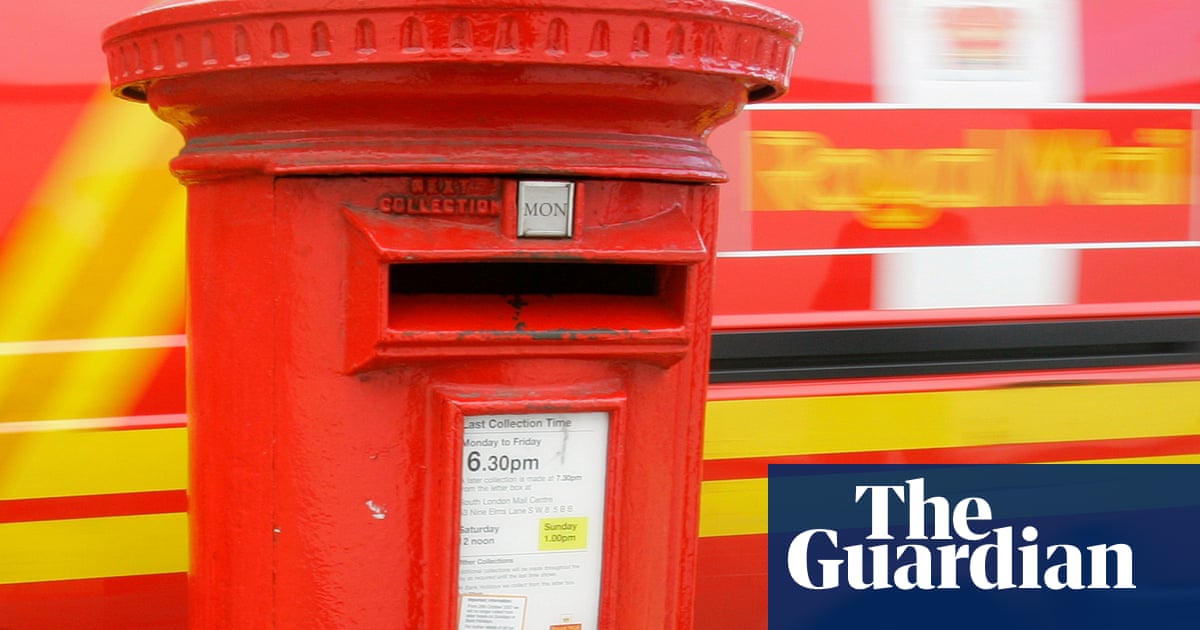
The union that represents workers at Royal Mail has called for a new business model for the company that would see workers given a stake in the company and pay tied to growing services and meeting certain social benefits.
Dave Ward, the general secretary of the Communications Workers Union (CWU), said that the potential takeover by the Czech billionaire Daniel Křetínský should provide a moment to overhaul how the company is structured, which could mirror that of US-style public benefit corporations.
On Wednesday, the takeover of Royal Mail by Křetínský’s EP Group moved closer after the postal service’s parent company, International Distribution Services (IDS), said it had accepted a £3.57bn cash offer.
Included in the deal were a number of undertakings and contractual commitments agreed by Křetínský’s team, such as retaining the Royal Mail’s universal service obligation (USO) to deliver first-class mail six days a week for the next five years.
They also include five-year guarantees over Royal Mail’s branding and maintaining a UK headquarters.
Ward told the Guardian that the union felt the agreements did not “go far, or long, enough”, and would be meeting Křetínský early next week to obtain further assurances about worker protections.
He also said the union was working on putting together a proposal for a new business model for Royal Mail, for which it would seek economists’ backing, and be put to Křetínský and the government in the coming months.
He said: “We will be putting that forward in a serious way and are hopeful a Labour government would back it. We are serious about it, and will keep pushing it, and start campaigning for these type of objectives to be agreed.”
One of the models the union was looking closely at was a plan to make Royal Mail a “public benefit company”, either under Křetínský’s ownership or if IDS remains a stock market-listed company.
The union has said the model would mirror that of the public benefit corporations that have become increasingly common in the US. Such for-profit companies include a charter that sets out actions and obligations that it will take on for the public benefit.
Ward said: “Whereas a private company will have a mission to its shareholders, I think a public benefit company would very much spell out what its purpose is and what its objectives are.”
The new model would also include a restructuring of the governance of the company, with worker and customer representation on its board, as well as other operating boards, such as the investment, pensions and remuneration committees.
Ward said: “The remuneration board for management is key, and we would push very strongly that in a public benefit company, remuneration would need to be linked far more clearly to the mission. Rewards would be given on growing the company, growing revenue, growing jobs and services, and elements based on delivering quality.”
In addition to more representation on boards at the company, the CWU said it would look at promoting a model that would give workers a bigger stake in the company.
Ward suggested that the union was exploring the idea for the workforce to own a certain percentage of the company, but also through mechanisms such as mandatory profit sharing, as used widely in France.
A vote by IDS shareholders will take place at its annual general meeting on 25 September.
The government will then scrutinise the sale of the formerly state-owned service to a foreign buyer under the National Security and Investment Act, which gives ministers the power to block the sale of companies that are considered to be part of critical national infrastructure.
The CWU suggested that this could mean an official green light for the takeover may not come until Christmas.
In a rare interview yesterday with Reuters, Křetínský, who is known as the “Czech sphinx” due to his reluctance to speak in public, said that he was looking to seek ways to allow British citizens to invest in Royal Mail even if it is taken private.
The EP Group boss, who owns a stake in West Ham football club and Sainsbury’s, also suggested that he could invest up to £400m to install 20,000 new parcel boxes across the UK for package deliveries.
This would be a 14-fold increase on the 1,361 the Royal Mail has in place.












